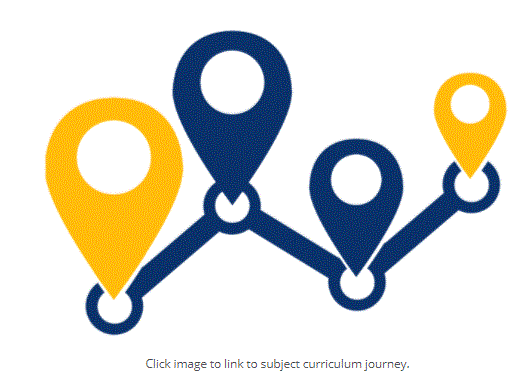If you have any questions about careers, university or your future, please do not hesitate to contact Mr P Stafford.
In Year 7
Careers education and guidance are very important in the early years at school.
- You will be introduced to Start, an online careers resource. Start will give you all the information you need to make important decisions about future careers and what subjects, courses, and training you can do to reach your career destination. If you are unsure of what careers you might be interested in, Start can give ideas based on what you like and dislike. You can also discover what careers your subjects can lead to. Start is packed with information on what employers are looking for, what you can earn and what qualifications you will need for a particular career.
- You will be introduced to the Careers Library and learn careers research skills
In Year 8
- You will continue to use Start.
In Year 9
- You will continue to use Start.
- You will have to make your subject choices for GCSE. It is important that you keep as broad a range of subjects as possible over and above the core subjects.
- You will complete a careers questionnaire to look at your career ideas for the future.
- You will participate in various activities – e.g., university visits to see what life is like.
In Year 10
- You will continue to use Start.
- You will start your preparation for work experience by creating a CV and personal statement.
- You will undertake work experience for one week in July
- You will participate in various activities – e.g., university visits to see what life is like.
In Year 11
- You will continue to use Start.
- You will be given the opportunity of a one-to-one interview with the visiting Careers Adviser from Connexions Sandwell or Mr P Stafford
Options After Year 11
Sixth Form or College? BTECs or ‘A’ Levels?
There is no right or wrong answer to these questions, just a need to research all options. ‘A’ Levels are academic qualifications which you can study in a number of different subjects and are mainly examination based. Alternatively, BTECs tend to be more vocational and are primarily assessed through coursework.
When deciding where to study, it is important to be realistic and to think about what course and environment will suit your learning style, ambitions and academic ability best. The Sandwell Council website provides information about your choices post-16 on its ‘keep on learning after age 16’ page.

